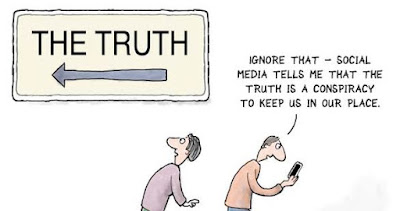1) “If natural immunity is strongly protective, as the evidence to date suggests it is, then vaccinating people who have had covid-19 would seem to offer nothing or very little to benefit, logically leaving only harms—both the harms we already know about as well as those still unknown,” says Christine Stabell Benn, vaccinologist and professor in global health at the University of Southern Denmark. The CDC has acknowledged the small but serious risks of heart inflammation and blood clots after vaccination, especially in younger people. The real risk in vaccinating people who have had covid-19 “is of doing more harm than good,” she says.
2) A large study in the UK and another that surveyed people internationally found that people with a history of SARS-CoV-2 infection experienced greater rates of side effects after vaccination. Among 2000 people who completed an online survey after vaccination, those with a history of covid-19 were 56% more likely to experience a severe side effect that required hospital care.
3) Patrick Whelan, of UCLA, says the “sky-high” antibodies after vaccination in people who were previously infected may have contributed to these systemic side effects. “Most people who were previously ill with covid-19 have antibodies against the spike protein. If they are subsequently vaccinated, those antibodies and the products of the vaccine can form what are called immune complexes,” he explains, which may get deposited in places like the joints, meninges, and even kidneys, creating symptoms.
4) Other studies suggest that a two-dose regimen may be counterproductive. One found that in people with past infections, the first dose boosted T cells and antibodies but that the second dose seemed to indicate an “exhaustion,” and in some cases even a deletion, of T cells. “I’m not here to say that it’s harmful,” says Bertoletti, who co-authored the study, “but at the moment all the data are telling us that it doesn’t make any sense to give a second vaccination dose in the very short term to someone who was already infected. Their immune response is already very high.”
5) Despite the extensive global spread of the virus, the previously infected population “hasn’t been studied well as a group,” says Whelan. Memoli says he is also unaware of any studies examining the specific risks of vaccination for that group. Still, the US public health messaging has been firm and consistent: every one should get a full vaccine dose.
6) “When the vaccine was rolled out the goal should have been to focus on people at risk, and that should still be the focus,” says Memoli. Such risk stratification may have complicated logistics, but it would also require more nuanced messaging. “A lot of public health people have this notion that if the public is told that there’s even the slightest bit of uncertainty about a vaccine, then they won’t get it,” he says. For Memoli, this reflects a bygone paternalism. “I always think it’s much better to be very clear and honest about what we do and don’t know, what the risks and benefits are, and allow people to make decisions for themselves.”
Here is the data source. Vaccinating people who have had covid-19: why doesn’t natural immunity count in the US?










